Thousands of farmers in the Mekong Delta have additional income from growing, cutting, drying, and making handicraft products for export from the local wild grass.
Three years ago, Mr. Tran Van Mat, 71 years old, in Hoa Tu commune, was a pioneer in growing elephant grass in My Xuyen district, Soc Trang province. He said that since converting two hectares of ineffective shrimp farming land to grow this plant, his family has had a more stable income. For every 1,000 m2 of land, he harvests about 10 tons of fresh grass, earning VND8 million, not to mention the income from combined shrimp and crab farming.
"The planted bamboo will be ready for harvest after 4 months. This process only requires maintaining the appropriate water level, salinity of 5-10‰ for the plant to grow well, no need for care or additional fertilizer or medicine," said Mr. Mat. In order for aquatic species to develop favorably, scientists recommend adjusting the grass density to 40-50% of the water surface area.
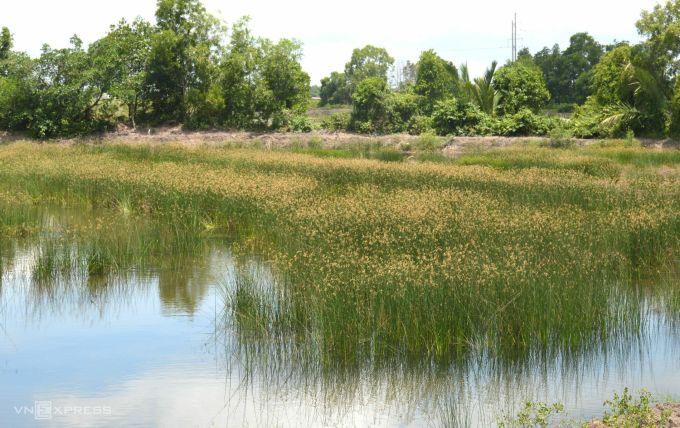
Sedge grass grows abundantly in shrimp ponds in coastal provinces. Photo: An Minh
Scirpus littoralis Schrad, scientifically known as sea mussel, grows naturally in coastal swamps in the Mekong Delta. This species has the ability to biologically filter, taking oxygen from nature and bringing it down to the roots, creating a good environment for shrimp, crabs, fish, etc. Because it is a type of grass, Scirpus littoralis is tough, strong and has small fibers, so it is suitable for making many types of handicrafts, and is popular in foreign markets.
In the whole My Xuyen district, there are more than 30 households growing bamboo combined with raising shrimp, crab, and fish, helping to create an abundant source of raw materials for the weaving cooperatives. Up to now, the district Women's Union has organized nearly 30 cooperatives, with 15-20 weavers each. Thereby, providing 700-800 products per week for the cooperatives. Depending on the design, each basket weaver earns 400,000-500,000 VND per week.
In Nga Nam town, nearly 400 rural workers also have jobs thanks to processing for the My Quoi cooperative. Ms. Le Thi Them, 52 years old, in My Thanh hamlet, said that her family has nearly 3,000 square meters of land growing water mimosa but the income is not high. She only cuts the vegetable once a week, so she has a lot of free time. For more than a year now, thanks to weaving water mimosa baskets, she has earned about two million VND more each month.
"Every day I spend 3-4 hours weaving baskets. The work is light and I live in a cool environment, so I gradually get used to it," said Ms. Them, adding that when there is a new model, the cooperative's staff will come to my house to instruct me on how to make it and then deliver the materials and molds.
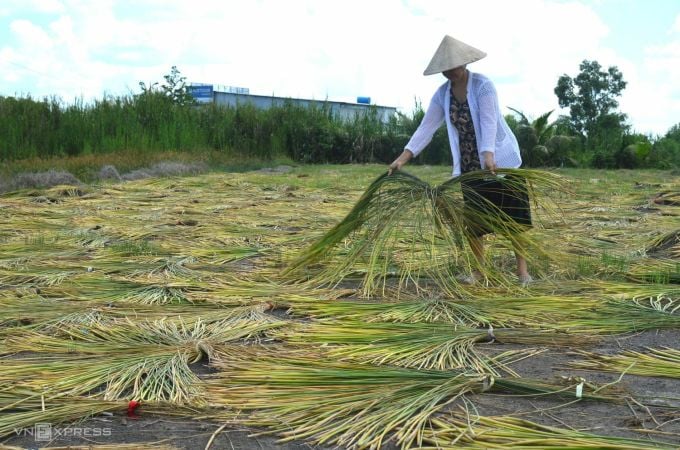
Ms. Trinh Hong Thuy drying grass. Photo: An Minh
Near Mrs. Them's house, Mrs. Nguyen Thi Thu Nga, 56 years old, said that weaving baskets from bamboo shoots requires meticulousness but is not too difficult, just need to study for half a day to master the technique. Thanks to this job, she earns nearly 1.5 million VND per month. "Having a job suitable for my age, I feel more useful, happier and no longer have minor illnesses like before," Mrs. Nga said.
In addition to processing for cooperatives, many people in the West also exploit locally available reed grass to dry and then sell to processing units.
Ms. Trinh Hong Thuy, 57 years old, in Gia Rai town, Bac Lieu province, said that the weed is a weed, many people even cut it down when it grows too much. But for more than two years now, her family has had a significant income from cutting the weed and selling it to the My Quoi cooperative. The grass chosen must be green, 80 cm or longer. 10 kg of fresh grass after drying will yield about 1.3 kg of dried grass. If the sun is good, it will take 4-6 days to produce the finished dried weed.
"The work is not difficult, but it requires hard work. My family has 5 people working, and we can only meet orders of about 20 tons per month," said Ms. Thuy, adding that each ton of dried sedge grass sells for 750,000 VND. In addition, the family is also hired to dry sedge grass for 50,000 VND per ton.
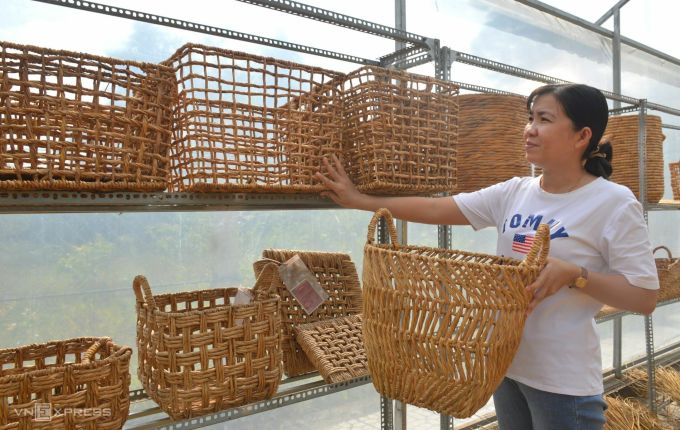
Handicraft products made from cycad grass at My Quoi cooperative, Nga Nam town. Photo: An Minh
My Quoi Cooperative was established at the end of 2021 with 10 members, specializing in collecting statues from various places. After that, this unit sends molds and raw materials to workers to weave according to orders and delivers finished products to the coordination center in Soc Trang City. This is also the place to receive woven products from cooperatives and cooperative groups, then pack and ship them to the company in Binh Duong for export to the US, Australia, and Japan.
Mr. Nguyen Van Toan, Director of My Quoi Cooperative, said that the model of growing bamboo in the fields not only provides raw materials for developing handicrafts but also helps improve the lives of people, especially idle workers. In 2022, the cooperative supplied 30,000 products to export companies.
The unit is planning to link up with women's associations in communes in neighboring districts to expand production. "We will train many rural women in the technique of weaving baskets from reed grass to increase the total number of workers in the network to 700 people," said Mr. Toan.
Dr. Duong Van Ni, a biodiversity expert in the Mekong Delta (at Can Tho University), likened this grass species to a "god-given gift", especially its ability to adapt to brackish-salt ecosystems. According to him, reality shows that this species creates a favorable ecological environment, is a natural food source that helps shrimp and crabs grow quickly, and reduces diseases.
This plant is expected to be a new direction for the Ca Mau peninsula - the southernmost land of about 1.6 million hectares, including Can Tho city, Hau Giang, Soc Trang, Bac Lieu, Ca Mau provinces and part of Kien Giang. "Growing reed grass is a model that is completely based on nature, especially not creating conflicts with current production of the people," said Mr. Ni.
An Minh
Source link


![[Photo] Prime Minister Pham Minh Chinh meets with Brazilian President Luiz Inacio Lula da Silva](https://vstatic.vietnam.vn/vietnam/resource/IMAGE/2025/3/28/41f753a7a79044e3aafdae226fbf213b)
![[Photo] Vietnam and Brazil sign cooperation agreements in many important fields](https://vstatic.vietnam.vn/vietnam/resource/IMAGE/2025/3/28/a5603b27b5a54c00b9fdfca46720b47e)

![[Photo] Helicopters and fighter jets practice in the sky of Ho Chi Minh City](https://vstatic.vietnam.vn/vietnam/resource/IMAGE/2025/3/28/3a610b9f4d464757995cac72c28aa9c6)

![[Photo] General Secretary To Lam receives Brazilian President Luiz Inácio Lula da Silva](https://vstatic.vietnam.vn/vietnam/resource/IMAGE/2025/3/28/7063dab9a0534269815360df80a9179e)


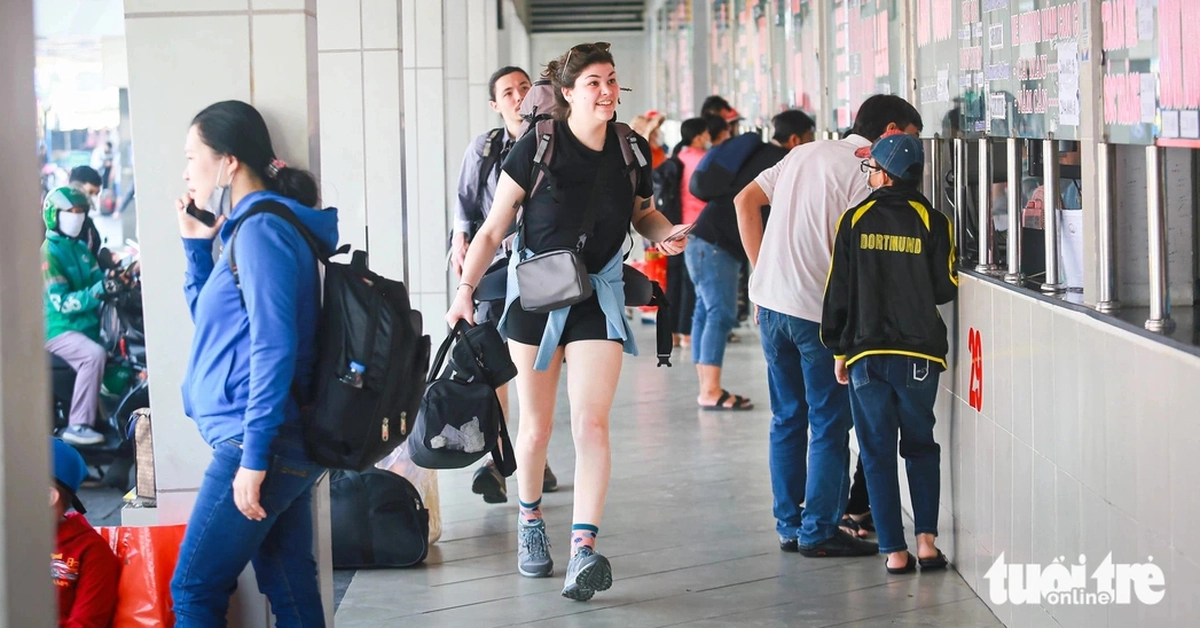



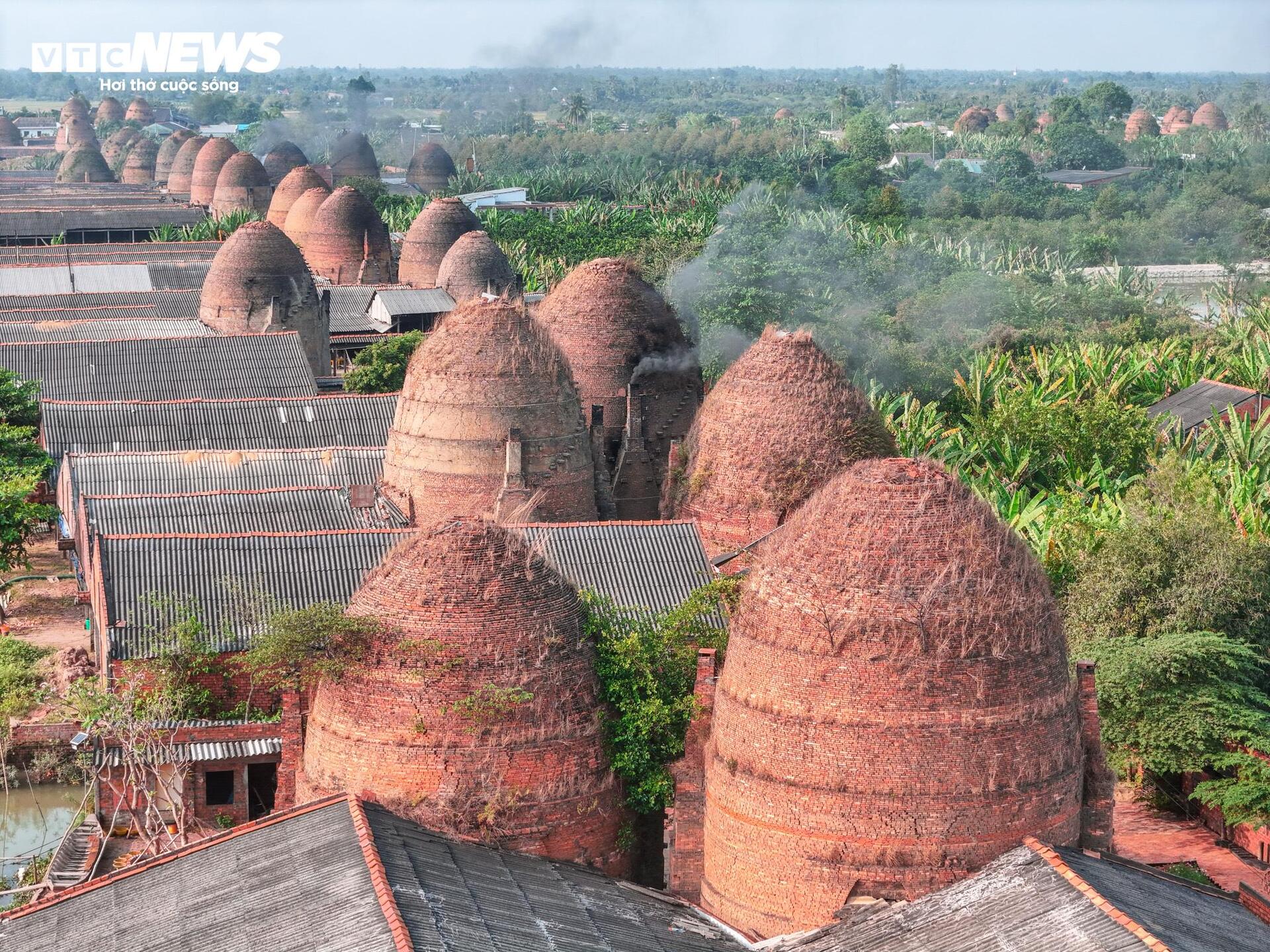

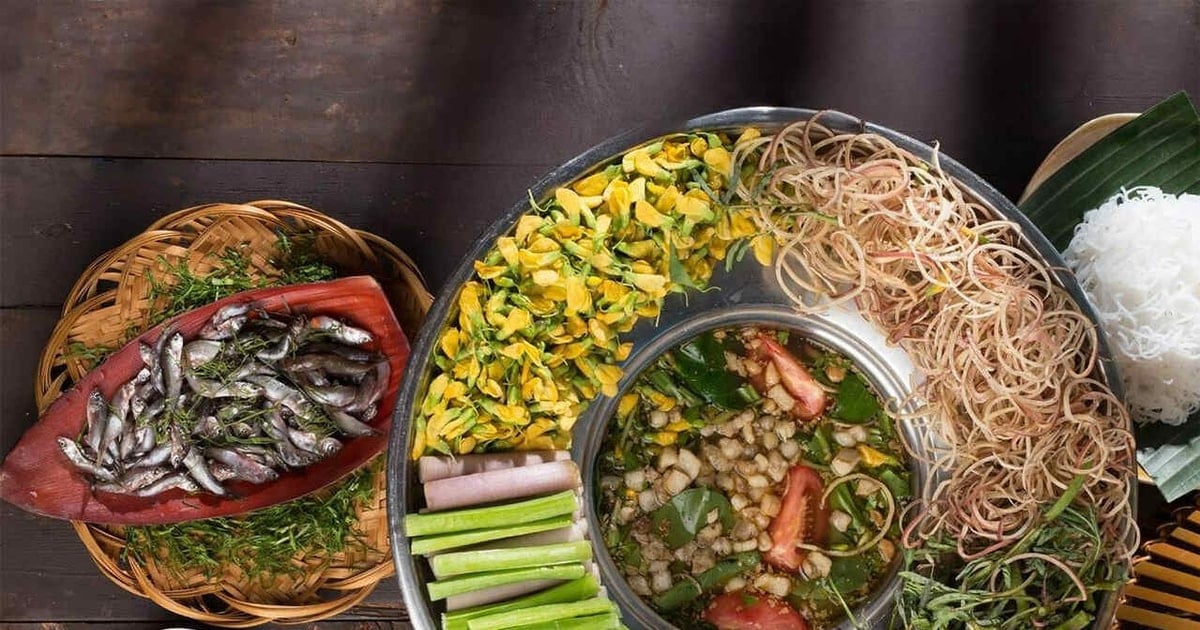



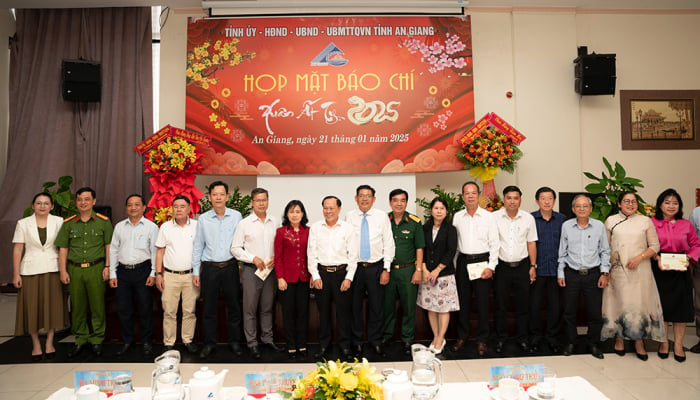
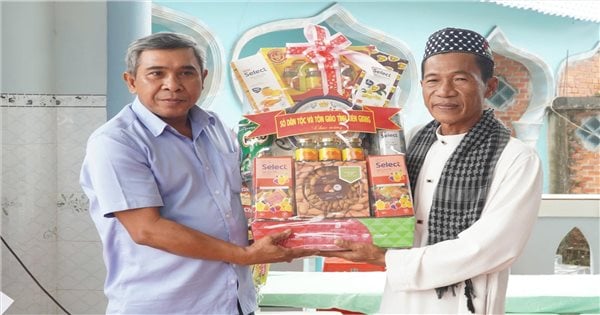















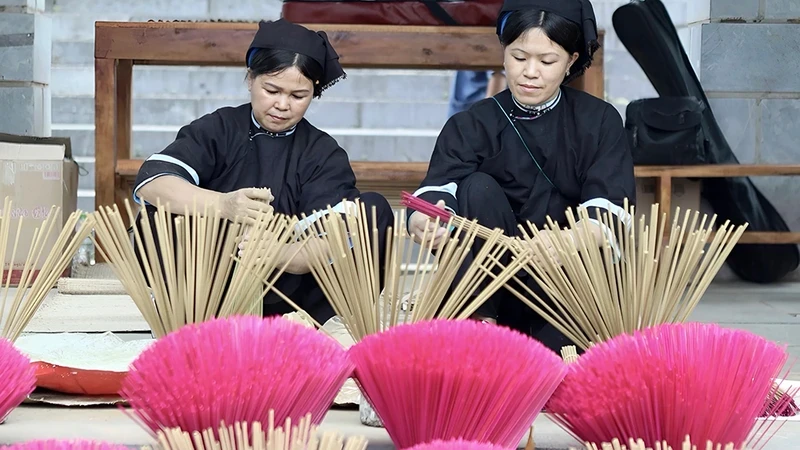

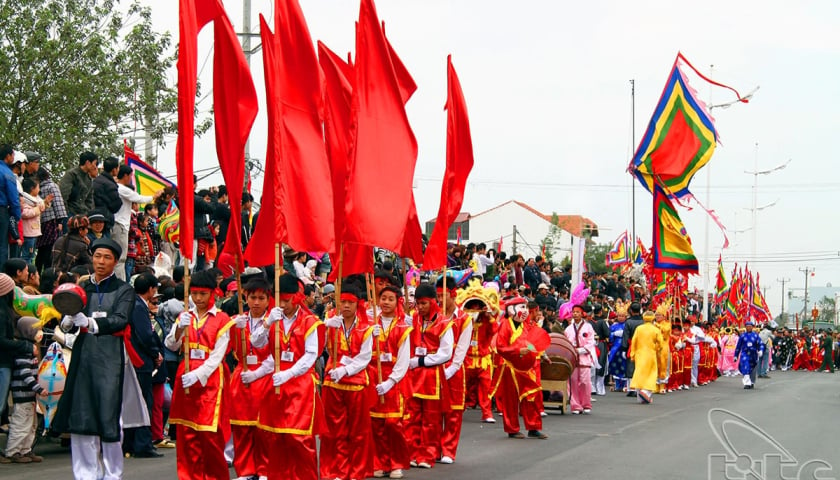








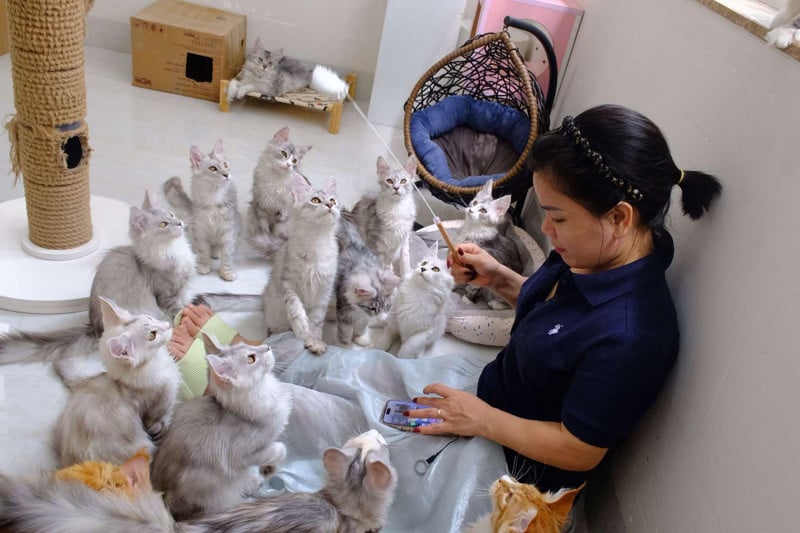

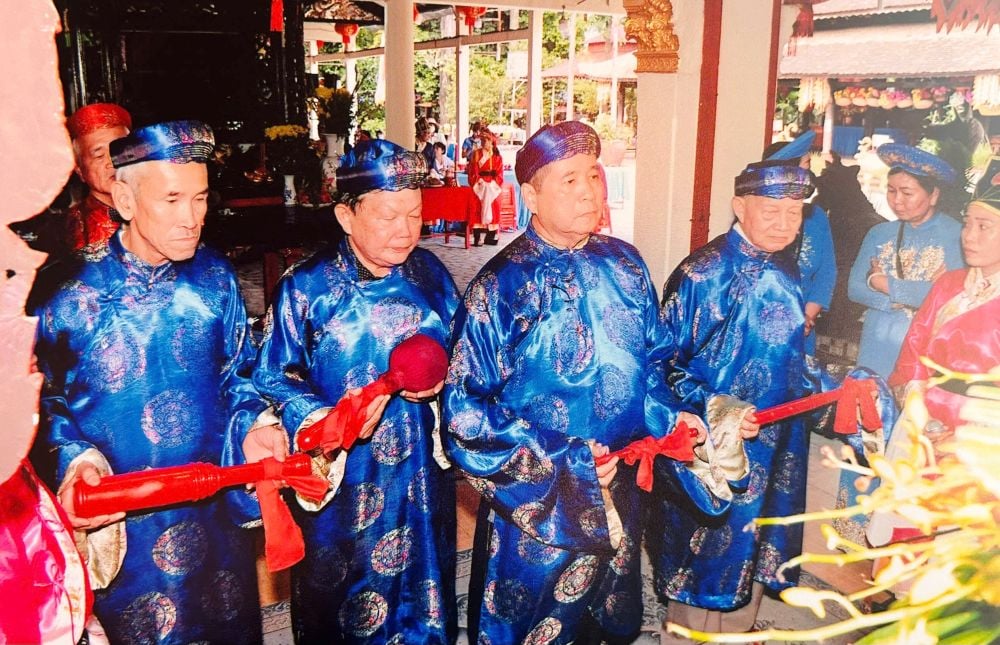


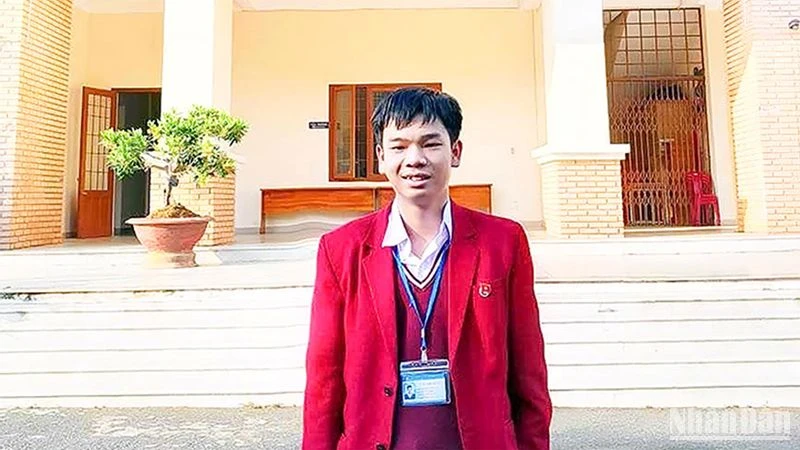







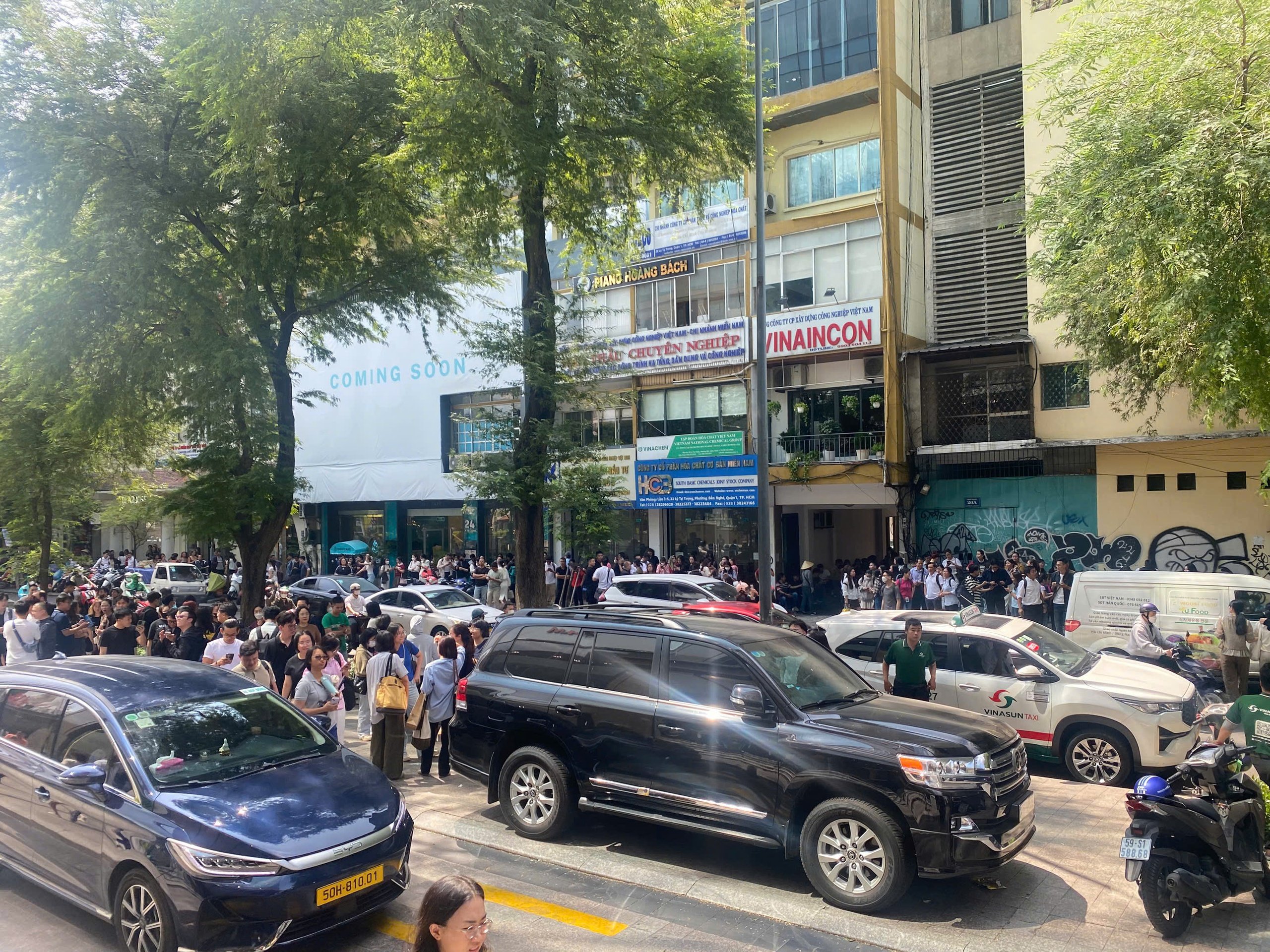















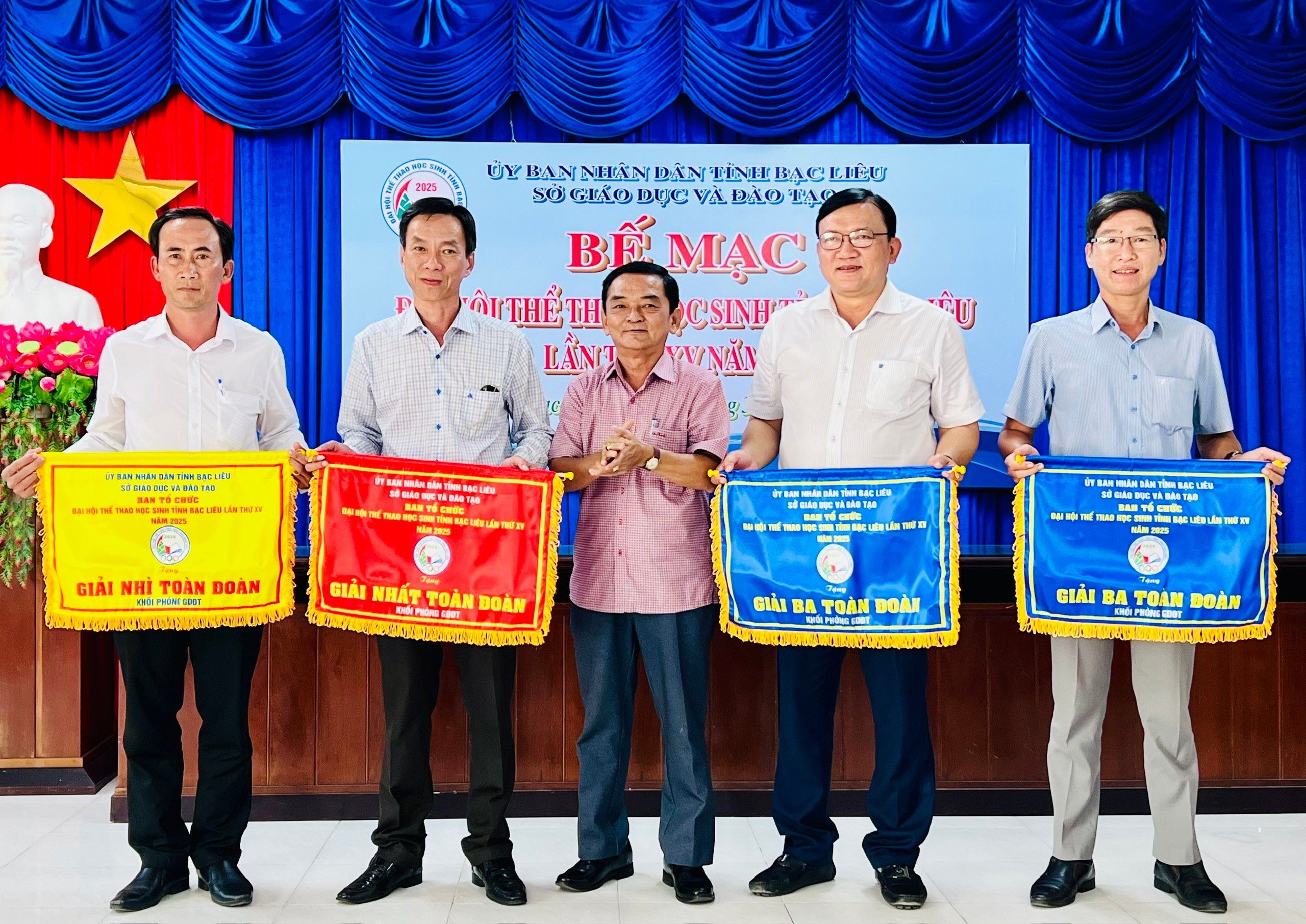




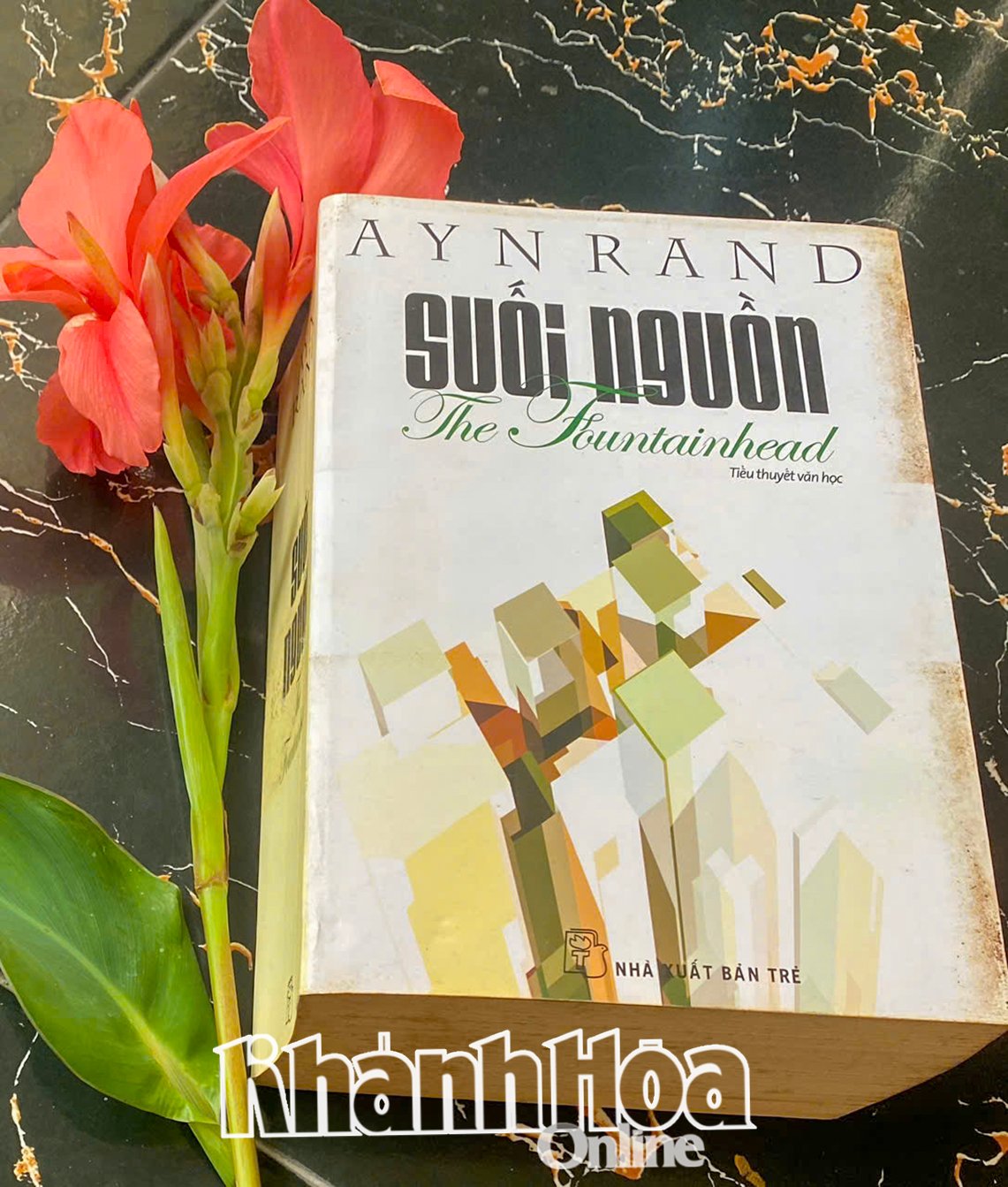


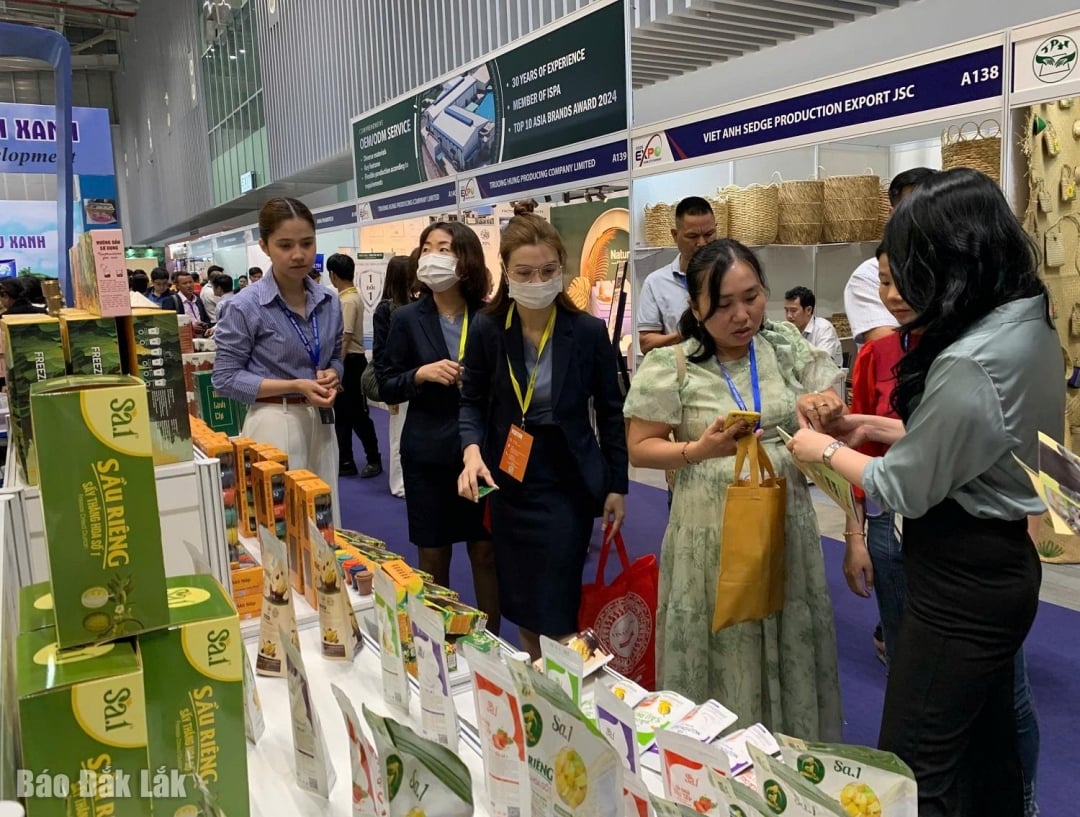







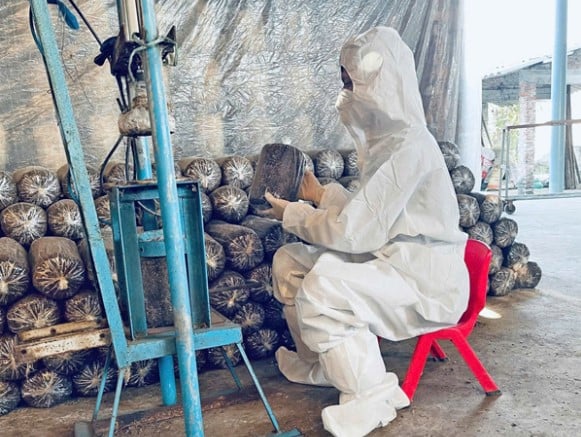
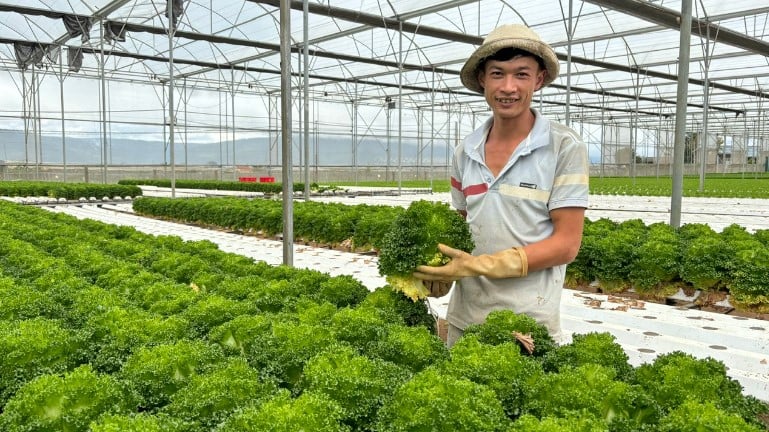

Comment (0)